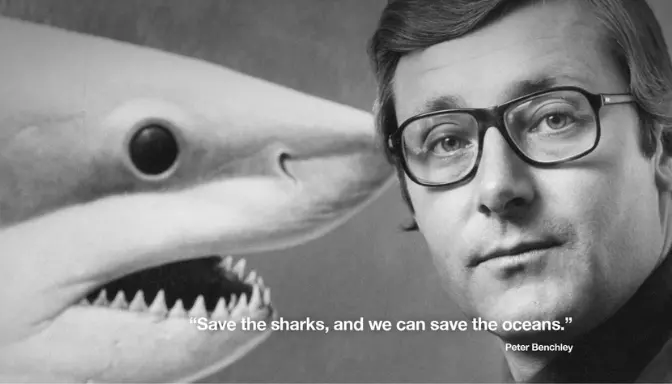The novel was published in February 1974 and became an instant bestseller.
It received mixed reviews from critics, who praised its suspense and pace but criticized its characterization and dialogue.
However, readers loved the novel for its thrilling and terrifying story, and it sold over 20 million copies worldwide.
Adapting Jaws for the screen
Benchley sold the film rights to Jaws to producers Richard D. Zanuck and David Brown for $175,000 plus a percentage of the profits.
He also agreed to write the screenplay, along with Carl Gottlieb, who was hired to add more humor and character development.
The film adaptation was directed by Steven Spielberg, who was then a young and relatively unknown filmmaker.
The film faced many challenges during production, such as budget overruns, technical difficulties, bad weather and problems with the mechanical shark.
Spielberg decided to use the shark sparingly and rely more on suspense, music and sound effects to create tension.
The film was released in June 1975 and became a huge success. It broke box office records, received critical acclaim and won three Academy Awards.
It is widely considered one of the greatest films of all time and one of the most influential in the history of cinema.
It also sparked a public fascination with sharks and a fear of swimming in the ocean.
Later works and activism
Benchley continued to write novels that were set in or around the ocean, such as The Deep (1976), The Island (1979), Beast (1991) and White Shark (1994).
Several of his novels were also adapted for film or television, but none matched the popularity or impact of Jaws.
Benchley also became an advocate for marine conservation and education.
He regretted portraying sharks as mindless killers in his novel and film, as he learned more about their vital role in the ecosystem and their vulnerability to overfishing and habitat loss.
He wrote several non-fiction books about sharks and other marine life, such as Shark Trouble (2002) and Shark Life (2005).






